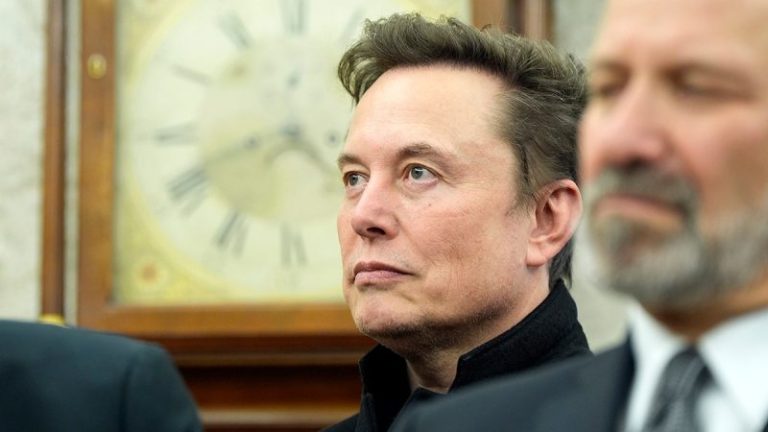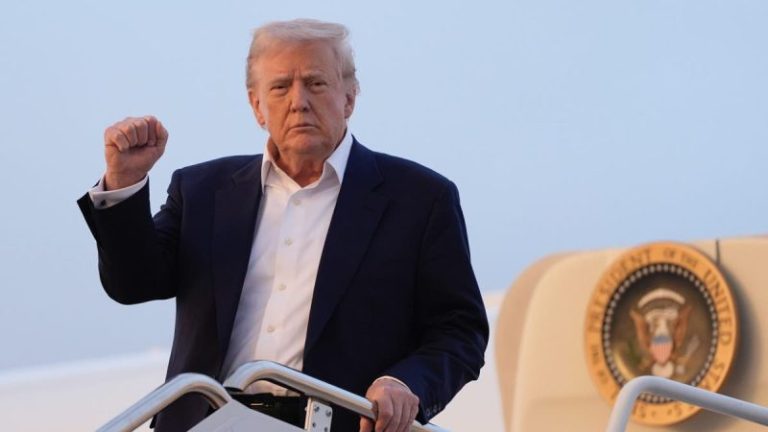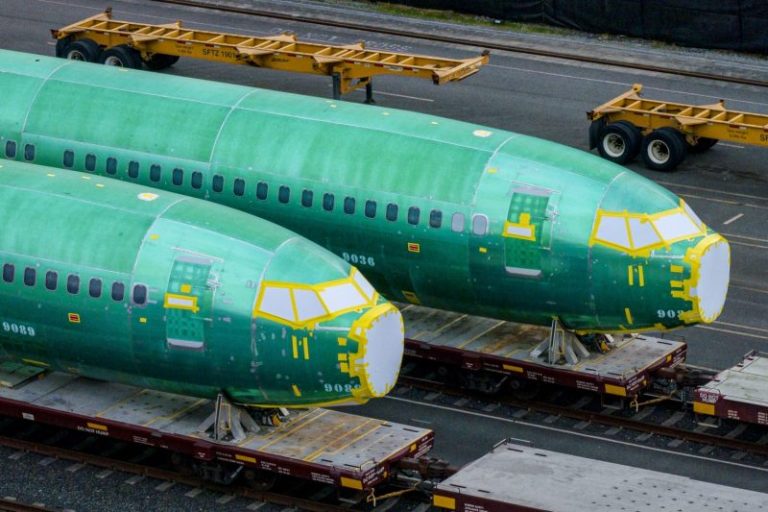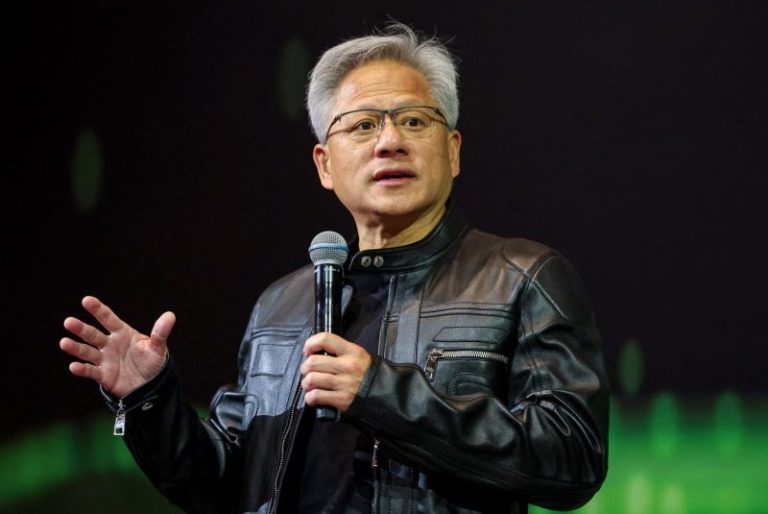Elon Musk is finishing his official role in the Trump administration, but if President Trump’s latest Truth Social post is any indication, the billionaire isn’t going far.
‘I am having a Press Conference tomorrow at 1:30 P.M. EST, with Elon Musk, at the Oval Office,’ Trump posted Thursday. ‘This will be his last day, but not really, because he will, always, be with us, helping all the way. Elon is terrific!’
Musk’s government service will end May 30, the legal 130-day limit for his ‘special government employee’ designation. He was appointed in January to head the Department of Government Efficiency (DOGE), created by executive order on Inauguration Day.
‘As my scheduled time as a Special Government Employee comes to an end, I would like to thank President @realDonaldTrump for the opportunity to reduce wasteful spending,’ Musk posted on X Wednesday. ‘The @DOGE mission will only strengthen over time as it becomes a way of life throughout the government.’
White House press secretary Karoline Leavitt emphasized Thursday ‘the DOGE leaders are each and every member of the President’s Cabinet and the president himself, who is wholeheartedly committed to cutting waste, fraud and abuse from our government.’
And the cuts are adding up.
According to a May 26 update on DOGE’s website, the initiative has saved $175 billion through asset sales, contract cancellations, fraud payment crackdowns and other spending cuts. That translates to about $1,087 in savings per taxpayer.
DOGE’s reach has extended across the federal government, but not without pushback.
Democrats in Congress have sharply criticized Musk’s role. During a February House Oversight hearing, Rep. Melanie Stansbury, D-N.M., called his influence ‘reckless and illegal,’ accusing Trump of ‘outsourcing governing to a billionaire who answers to no one.’
Rep. Jasmine Crockett, D-Texas, warned Musk was acting as an ‘unelected official’ inside the executive branch.
Despite the criticism, markets are welcoming Musk’s return to the private sector. Bloomberg reported Tesla shares rose 4.2% this week on news of his government exit.
In an investor call earlier this month, Musk reassured shareholders, ‘Starting in June, I’ll be allocating far more time to Tesla and SpaceX now that the groundwork at DOGE is in place.’
The White House did not immediately respond to Fox News Digital’s request for comment.
Fox News Digital’s Diana Stacy and Andrew Mark Miller contributed to this report.





